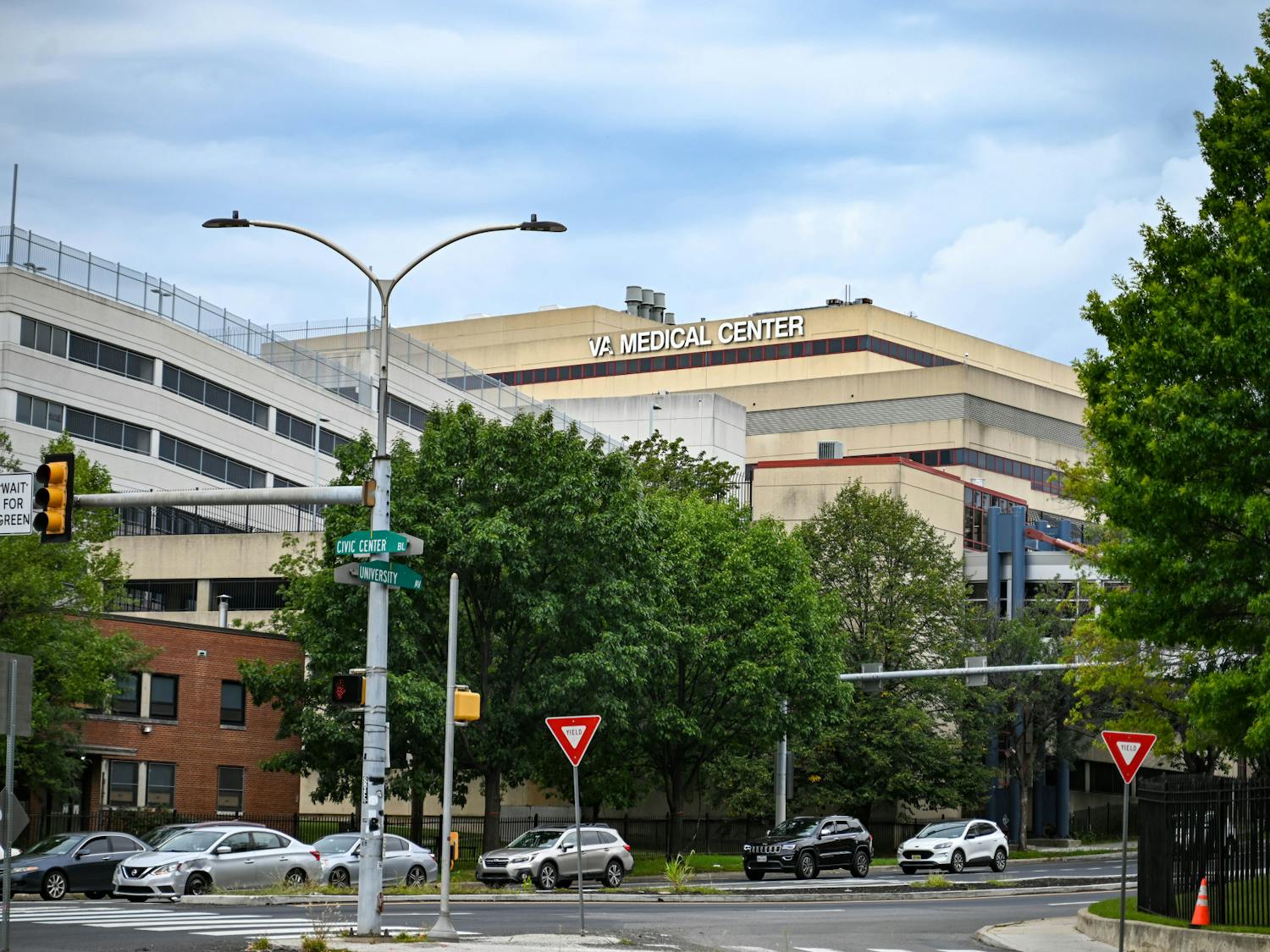Besides attracting dedicated poets and journalists, the Kelly Writers House will also draw supporters of local agriculture.
Beginning next month until October, KWH will serve as a Community Supported Agriculture site host.
CSA is a program developed in the last twenty years that links local farmers and consumers to provide fresh, local produce for the community.
Students and faculty who sign up must pay a share at the beginning of the season. This money will go to local farmers, who grow the produce and deliver it to members of the community. Customers will be able to pick up a basket of vegetables each week.
The KWH has been targeting faculty and staff members, as well as student groups since the shares are meant to provide for multiple people, said KWH Sustainability Assistant Jenny Chen, who is also the House’s CSA coordinator. “I think there’s a lot more convenience in getting really great food delivered right to campus.”
The program will need to have a minimum of 20 full shares in order to operate, Chen added. She said they have managed to get ten shares so far.
KWH will be partnering with Lancaster Farm Fresh Cooperative, which is a network of over 70 local farms. Each share will cost $725 and will provide enough produce for four to five people. Half shares are also available for $450.
Chen believes that students will really like this opportunity for fresh, local and organic produce. “The food speaks for itself,” she said.
KWH will also host a weekly blog with creative recipes featuring the vegetables that will be included in the basket each week.
This program reflects KWH’s sustainability goals, College sophomore and KWH program assistant Jess Bergman said. “Writers House has a commitment to sustainable, healthy eating.”
“This CSA will also serve as a great educational tool,” Chen said. “It would be a great way to publicize all our efforts.”
Another CSA in West Philadelphia is the urban-based Neighborhood Foods CSA, which is also in their second year.
However, the two differ in their goals and methods of sourcing.
Neighborhood Foods CSA, instead of sourcing from a produce provider, grows most of their vegetables in Philadelphia’s urban farms, said co-managers Allison Blansfield and Dylan Baird. It also hires high school students to grow the produce.
Blansfield said Neighborhood Foods and the KWH will complement each other. It is “nice and unique in West Philly to have two different CSAs that are doing these different benefits,” she said.
However, while many students believe the KWH CSA will make it more convenient for those on campus who cook often, they think that it may be difficult to find a group of friends to join together.
College sophomore Kelly Rhodes said she will sign up if she can find a few other friends to split a share. “It’s definitely an option worth exploring.”
She does not think this will be likely, however, because many students are not as dedicated to making their own meals as she is. “I think for a lot of people, they focus on convenience.”
In addition, splitting costs and other logistical problems may make it difficult for students to sign up together, Rhodes said.
College sophomore Alex Casella, who also cooks frequently, agrees. She does believe that the CSA will be a good option for the students who like to cook. “One of the big problems is FroGro can be limited in their options,” she said.
“I feel like there is an interest,” Bergman said. “I really like the idea of it but I would have to find people to get a share.”
This program may, however, may be more convenient for residents near campus such as faculty and staff members, Rhodes said. “It would be more of a niche market.”
KWH also hopes to continue the program through the fall and winter seasons, Chen said. The deadline to sign up for the summer season is April 20.








